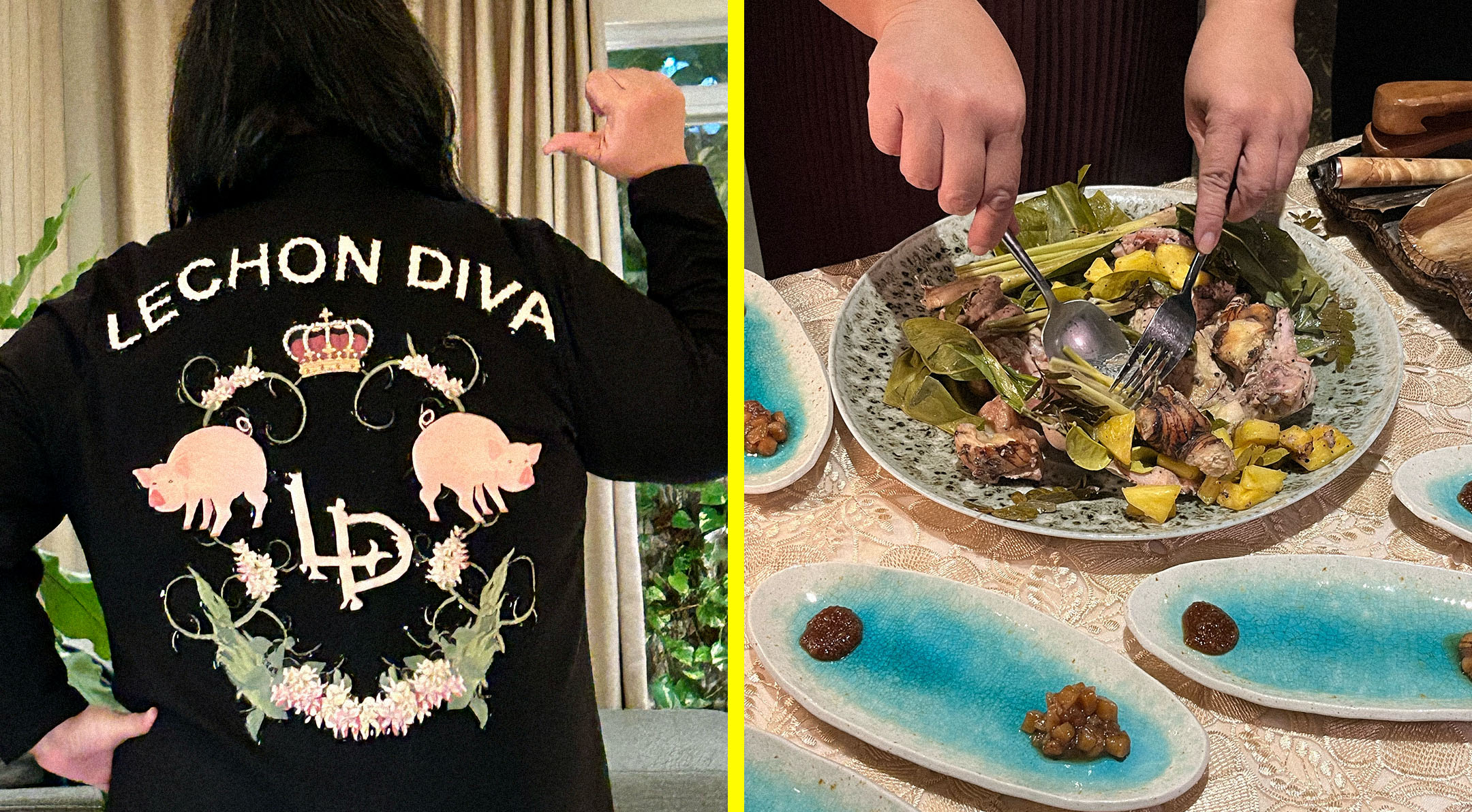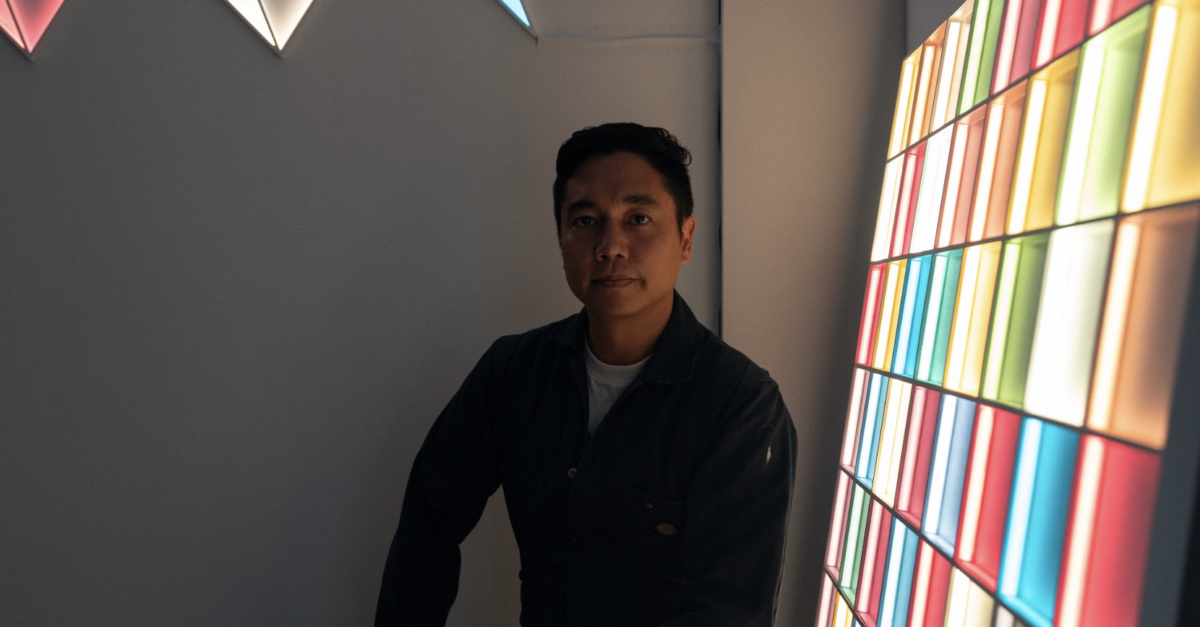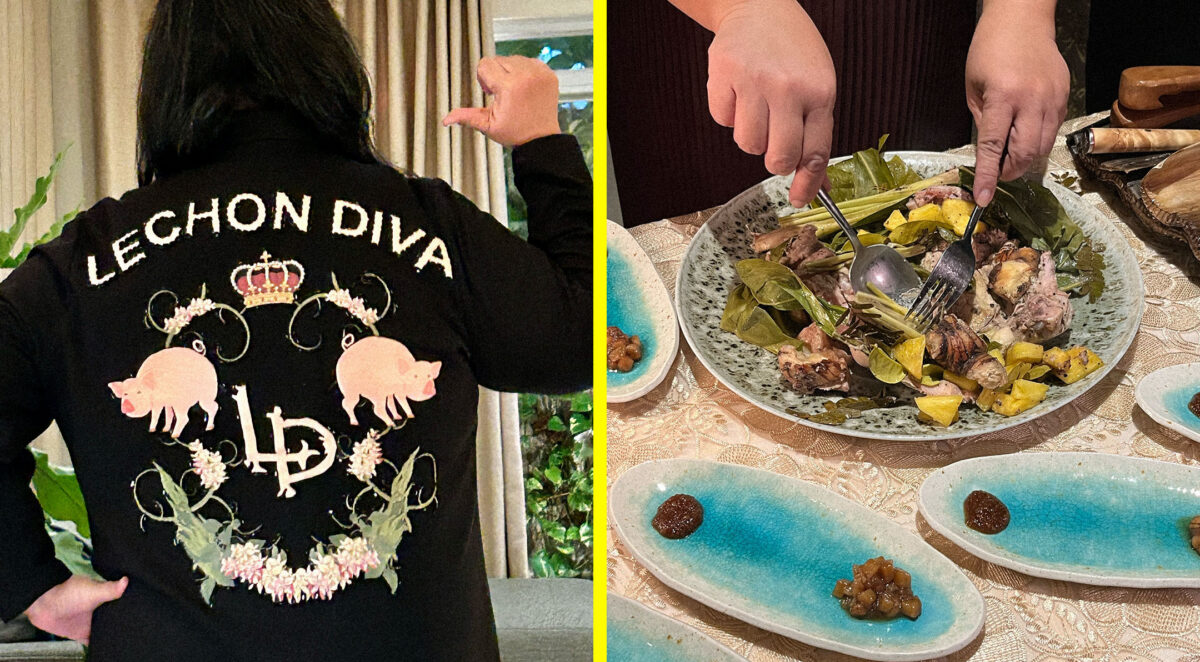Nobel- and Pulitzer Prize-winning novelist Toni Morrison, a leading figure in African-American literature, has explored slavery’s enduring legacy in a poetic, raw voice that has influenced generations of writers.

Here are five standout novels:
‘The Bluest Eye’ (1970)
Morrison’s first novel, published when she was 39, focused on a young black girl in 1940s Ohio who dreams of having blue eyes — synonymous in her mind with whiteness and beauty in a world shadowed by slavery.
It announced a vivid, raw voice, described at the time by the New York Times as “a prose so precise, so faithful to speech and so charged with pain and wonder that the novel becomes poetry”.
It met with mixed response at the time of its release and sales were low, but its fortunes turned when it was added to a university reading list.
The novel has since provoked legal challenges and bans from schools in various US states for broaching controversial subjects including incest and child molestation.
‘Song of Solomon’ (1977)
Morrison’s second novel — winner of the prestigious US National Book Critics Circle Award — mixed magical realism, folklore and sociology to tell the story of a teenager trying to forget her past as a slave.
It brought forth one of Morrison’s animating themes — the troubled search for identity in a hostile world.
‘Beloved’ (1987)
With her fifth novel, Morrison created an overnight sensation by dramatising the harrowing true story of Margaret Garner, a fugitive slave who killed her daughter in 1856 to save her from a life of servitude.
“It is an American masterpiece, and one which, moreover, in a curious way reassesses all the major novels of the time in which it is set,” wrote A.S. Byatt in The Guardian when the book first appeared.
“Beloved” controversially missed out on two top US awards when it was published, prompting 48 writers to sign an open letter in the New York Times Book Review decrying the failure to recognize Morrison.
It went on to win the Pulitzer Prize in 1988 and was adapted into a film 10 years later, starring Oprah Winfrey as the mother, Sethe.
‘Paradise’ (1998)
“Paradise” completed Morrison’s trilogy of novels, which began with “Beloved” and continued with “Jazz” (1992), challenging mainstream accounts of the past by exploring specifically African-American history from the mid-19th century to the present day.
Her first novel written after she won the Nobel Prize for Literature in 1993, “Paradise” employed Morrison’s typical style of split-narrative and jumping across time periods to explore the root causes of a brutal murder in an Oklahoma town in the 1970s.
‘Home’ (2012)
Opening the novel with the question “Whose house is this?”, Morrison goes on to explore another recurring theme in her work: the nature of home and how it makes or breaks us.
She does this via a 20-something man returning from the Korean War to his family in Seattle — “discharged from an integrated Army into a segregated homeland,” as The New York Times put it in a review when the novel was published.
eab/br/jm
© Agence France-Presse














































